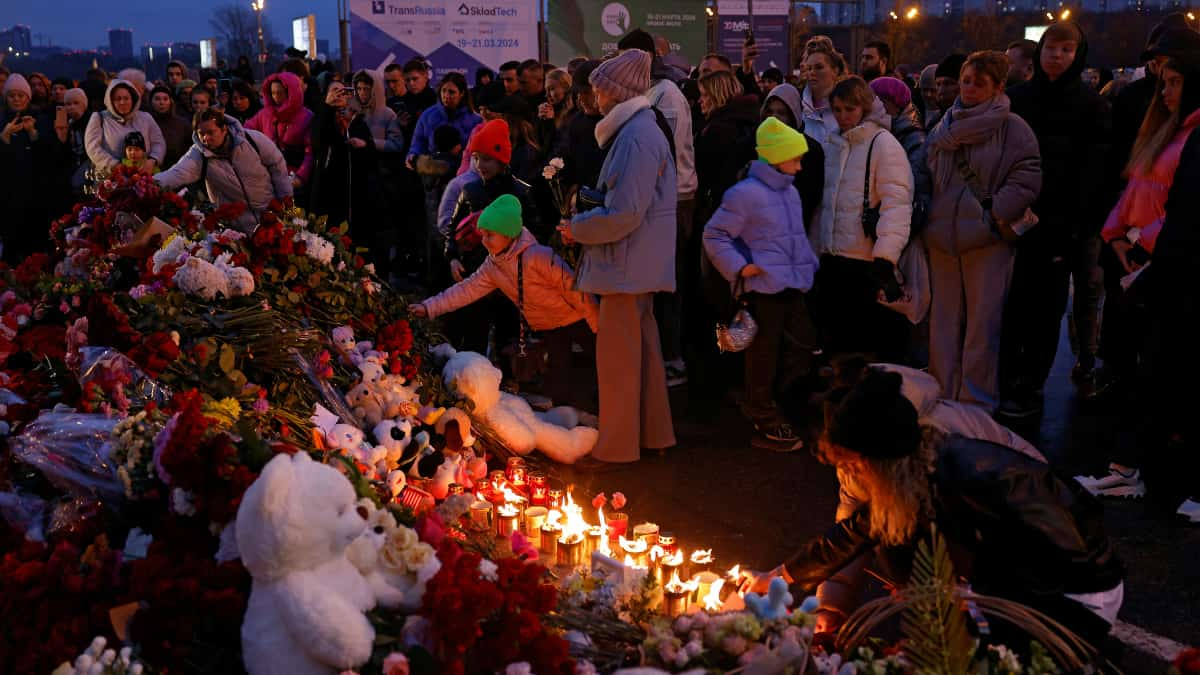Overview of the Terrorist Attack
The terrorist attack at the Crocus City Hall near Moscow on Friday (March 22) resulted in the tragic loss of at least 133 lives. Security analysts suggest that the attack may have been carried out by multiple branches of the Islamic State (ISIS).
ISIS Claim of Responsibility
Earlier, ISIS claimed responsibility for the attack through their Amaq agency on Telegram. However, the specific branch of ISIS involved in the attack was not identified.
Insights from Security Analysts
New York-based terrorism analyst Evan Kohlmann emphasized the authenticity of the ISIS statement. He noted that while ISIS has claimed attacks inspired by them in the past, the direct connection between ISIS leaders and the assailants remains unclear.
Global Impact of ISIS
Michael Kugelman highlighted ISIS’s capability to execute sophisticated attacks and its historical focus on targeting Russia. The group’s track record includes sending small squads of gunmen to massacre large gatherings, as seen in the 2015 Paris attacks.
Response and Investigation
Russian President Vladimir Putin vowed to identify and punish those responsible for the attack. The Russian FSB security service reported that the gunmen had links to Ukraine, although no concrete evidence was presented to support this claim.
Commitment to Restoration
Crocus Group, the organization behind the concert hall, pledged to restore the building in honor of the victims. Despite the destruction caused by the attack, they remain committed to rebuilding and preserving the memory of those affected.
Conclusion
The attack at Crocus City Hall serves as a stark reminder of the ongoing threat of terrorism and the need for international cooperation in combating such acts of violence.
















































